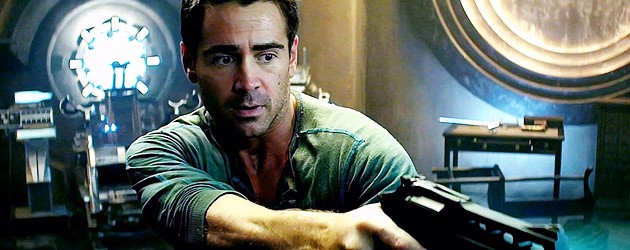
|
| Insert Joe Tripodi-Kristina Keneally joke here |
The New South Wales Labor government must be wondering if it can make it to the March 2011 election without suffering a revolution. The Sydney Morning Herald is inviting readers to sign a petition in support of a “recall initiative”, an innovation associated with that most famously well-governed of polities, the state of California. As it works in California and a few other American states, a recall election is held if demanded by a number of petitioners equal to 12 per cent of votes cast at the preceding election. The ensuing recall election is a full statewide poll on whether a new election should be held. In 2003, 1,356,408 valid signatures were obtained to recall Democratic Governor Gray Davis, initiating a recall election that passed with 55.4 per cent support and a gubernatorial election at which Arnold Schwarzenegger polled 48.6 per cent to the Democratic candidate’s 31.5 per cent.
Speaking on the ABC’s The World Today, Herald editor Peter Fray said only that he considered the recall initiative an “option” that was “worth exploring”, which makes his paper’s actions all the more provocative. Editorialists including the Herald’s own have long been telling us that fixed four-year terms give governments the time they need to make tough but necessary decisions. The recall initiative would swing the pendulum wildly in the opposite direction, leaving governments in constant terror of a death that could come at any time. This and other aspects of direct democracy seem to be linked to California’s endemic budgetary problems, which are exactly the sort of thing our newspaper editors are normally very keen to avoid.
It’s customary to note here that those who specifically decry “fixed four-year terms” are partly missing the point. That the terms are “fixed” is neither here nor there, as the government would hardly be holding an election in the present circumstances if only the constitution allowed it to. Provision does exist for an early dissolution if the government is defeated on confidence or supply, but such defeats can only occur in the lower house, where in spite of everything Labor retains a solid working majority. Notwithstanding that it remains the norm federally and in other states, there is apparently no enthusiasm for the idea that the upper house should equally have power to force a government to election. The power to block supply was removed from the Legislative Council in 1933, as was entirely appropriate for a chamber that was still not popularly elected and would not become so until 1978. But the modern Legislative Council is elected by a pure system of statewide proportional representation, and surely has equal claim on a popular mandate to a Legislative Assembly which Labor is able to control with 39 per cent of the vote.
However much it might have to recommend it in the current circumstances, the notion that any upper chamber should be able to call time on a government under the proverbial “extraordinary and reprehensible circumstances” seems to have been eternally discredited by 1975.








Crikey is committed to hosting lively discussions. Help us keep the conversation useful, interesting and welcoming. We aim to publish comments quickly in the interest of promoting robust conversation, but we’re a small team and we deploy filters to protect against legal risk. Occasionally your comment may be held up while we review, but we’re working as fast as we can to keep the conversation rolling.
The Crikey comment section is members-only content. Please subscribe to leave a comment.
The Crikey comment section is members-only content. Please login to leave a comment.